Editor’s Note: This is the third of a series of profiles taking a closer look at US presidents ahead of the 2024 presidential election between Donald Trump and Kamala Harris.
Hope and change was Barack Obama’s slogan when he ran for president.
While the first Black US president indeed offered hope to millions including many minorities, during his two terms in office, the change part proved to be a little, okay a lot, more difficult.
The 44th President of the United States had little experience on the national scene.
Indeed, he was a virtual newcomer to the ways of Washington – a stranger in an even stranger land.
While Obama ran on healing the divisions of the past, in retrospect, the first Black president in US history was always going to arouse the ire of the worst of the far-right.
Early life
Barack Obama was born on August 4, 1961 in Hawaii.
His parents were Ann Dunham, a white woman from Kansas, and Barack Obama Sr., a Black man from Kenya.
They met at the University of Hawaii where they were students.
Obama didn’t really know his father growing up. Barack Obama Sr left his family and returned to Kenya when he was just two.
Ann would remarry another student at the university and relocate to Indonesia.
Obama would go with them, spending his formative years abroad and attending Muslim and Catholic schools.
Ann would eventually send her son back to Hawaii – where Obama would live with his white grandparents. Arguably the most important person in his teenage years growing up – and some would say the rest of his life – was his white grandmother Madelyn Dunham.
Obama first studied at Occidental College in Los Angeles and then at New York’s Columbia University.
He would then work as a community organiser – something that he would tout on the campaign trail again and again and which opponents would deride – in Chicago.
Harvard Law School came next – where he served as president of the prestigious Law Review and graduated magna cum laude.
Obama would meet Michelle Robinson during an internship at a law firm. The fact that she was his boss did not dissuade him from asking her out – again and again and again. “I asked her out. She refused. I kept asking. She kept refusing,” Obama later said.
She agreed only when he offered to quit his job. They had their ice-cream date – and were never apart again.
Politics and presidential bid
Obama’s first foray into politics came in 1996 after his state senator stepped down. He initially ran with her support, but when she changed her mind, he refused to back down and won.
This was perhaps the first glimpse of the hard-nosed politician underneath.
In 2000, Obama ran for office against incumbent House representative Bobby Rush and was absolutely crushed. It would become the first political race Obama lost – and the last.
Obama next eyed the US Senate in 2004. By then, he had gained fame for speaking out against then president George W Bush’s War in Iraq. He would win the race by the biggest margin in Illinois Senate history.
That year was also his breakthrough on the national scene. Obama would wow audiences during a speech at the 2004 Democratic National Convention – drawing comparisons as an orator with John F Kennedy.
“There’s a United States of America. There’s not a black America and white America and Latino America and Asian America. There’s a United States of America,” he declared.
In 2008, Obama improbably decided to run for the President of the United States.
The skinny kid with the funny name would be taking on Hillary Clinton – perhaps the most prominent dynasty in politics.
Hillary was the prohibitive favourite – most of the media expected her to simply brush off Obama’s challenge.
The results stunned everyone.
Obama took Ohio, Nevada and South Carolina while essentially tying with Clinton in New Hampshire.
He was also boosted by endorsements from John F Kennedy’s brother Ted Kennedy – then revered as the lion of the US Senate – and his daughter Caroline Kennedy.
Super Tuesday ended in a virtual tie – with Obama taking 13 states and Clinton 10. But with neither candidate able to get the decisive advantage, the rest of the primary was a long, hard slog until Obama finally secured enough delegates to wrap up the nomination.
Obama would easily best John McCain in the general election – and be sworn in as the 44th President of the United States.
Time in office
Obama took office at a precarious time.
America was suffering the worst economic crisis since the Great Depression.
Arguably the most important decision Obama immediately made was bailing out the auto industry in Detroit and stabilising the housing sector.
His American Recovery and Reinvestment Act got the United States back on track.
As president, the passage of the Affordable Care Act, known as Obamacare, remains his biggest achievement. It would expand healthcare access to millions of new people and make pre-existing conditions a thing of the past.
The Iran nuclear deal was another huge milestone – though Trump would later undo it.
Obama would also do away with the Clinton-era ‘Don’t Ask Don’t Tell’ policy which made it easier for gays to serve in the military, ordered the justice department to stop defending the previous administration’s Defence of Marriage Act in the courts and banned the use of torture by the CIA.
Legacy
Obama remains widely beloved by the American people.
The mere fact that he was elected to the highest office in the land twice – as an African-American – remains a momentous achievement.
His signature law, known as Obamacare, survives to this day despite a raft of challenges from the Republicans.
However, since his departure from office, he has faced flak from the far-left for not doing more for the cause in his post-presidency particularly when it comes to climate change.
He is also accused of not being a transformational president as much as a transitional one.
With inputs from agencies


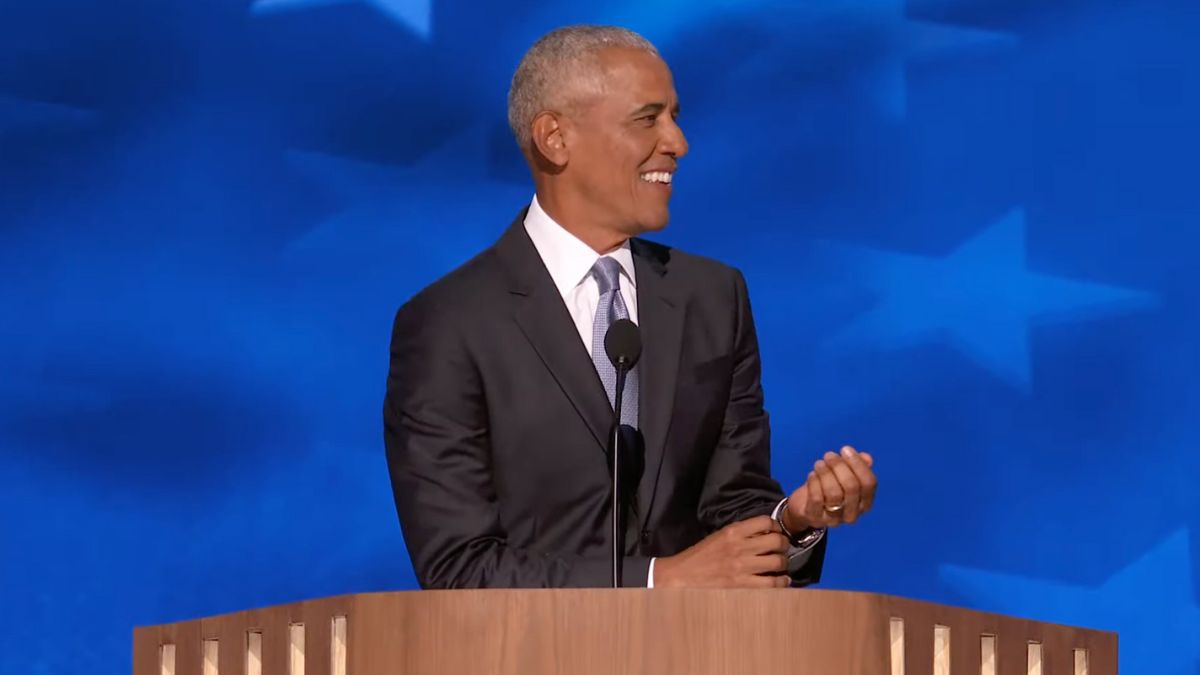)
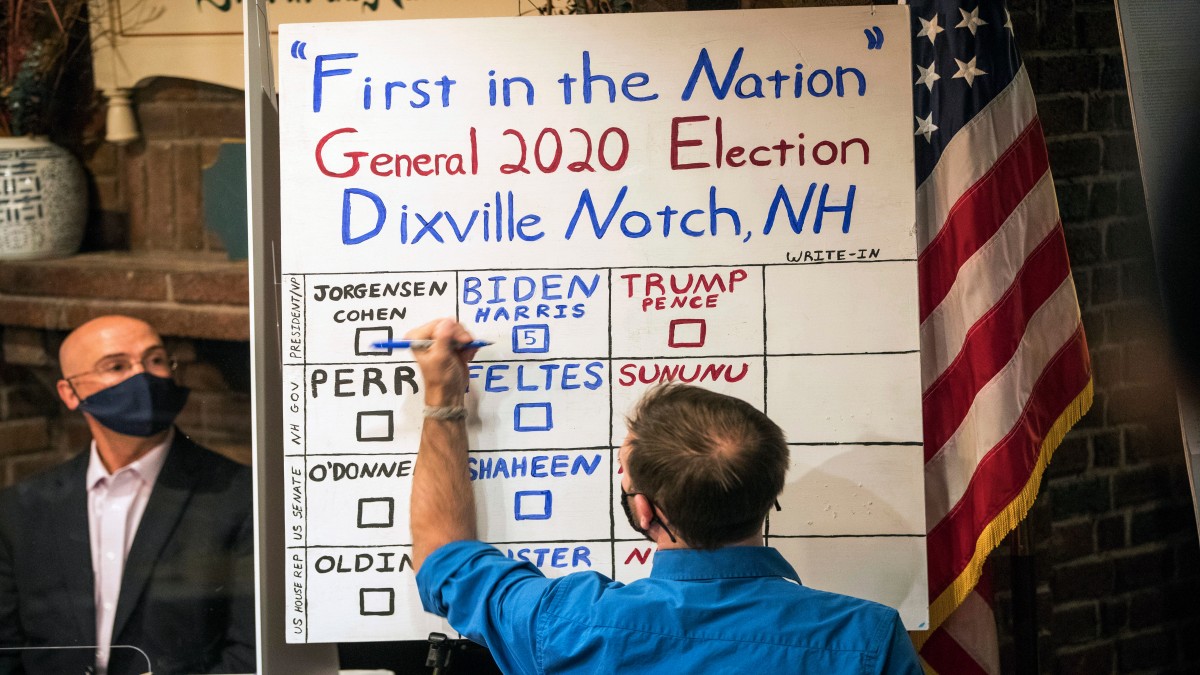)
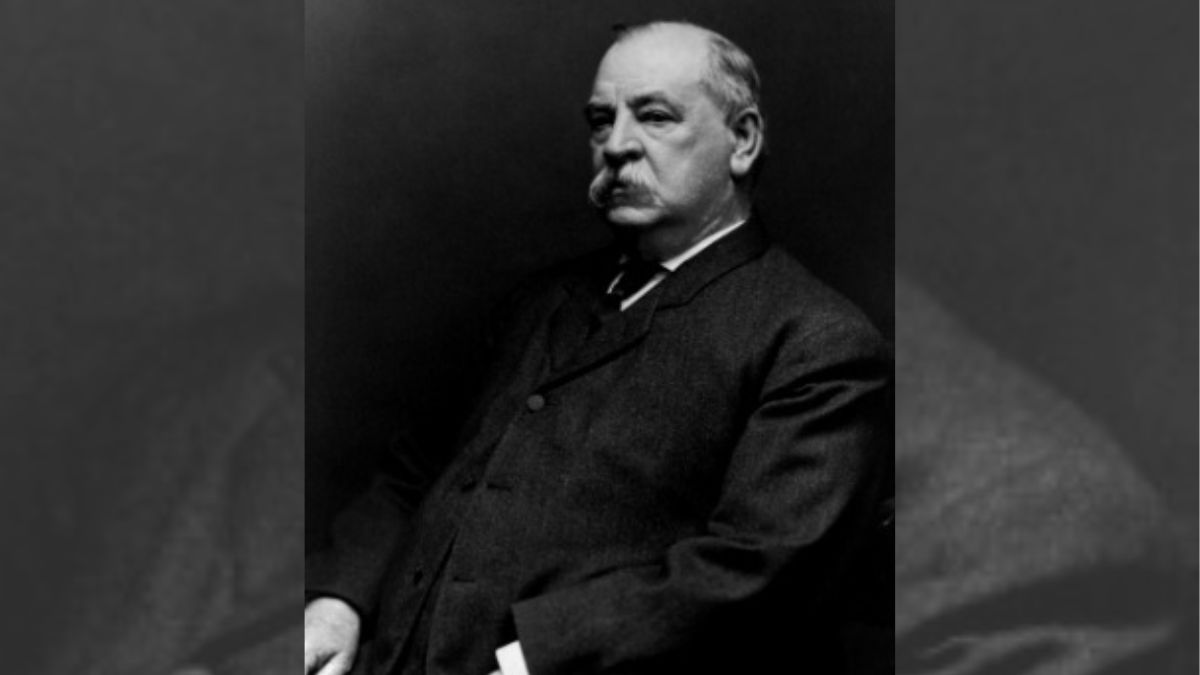)
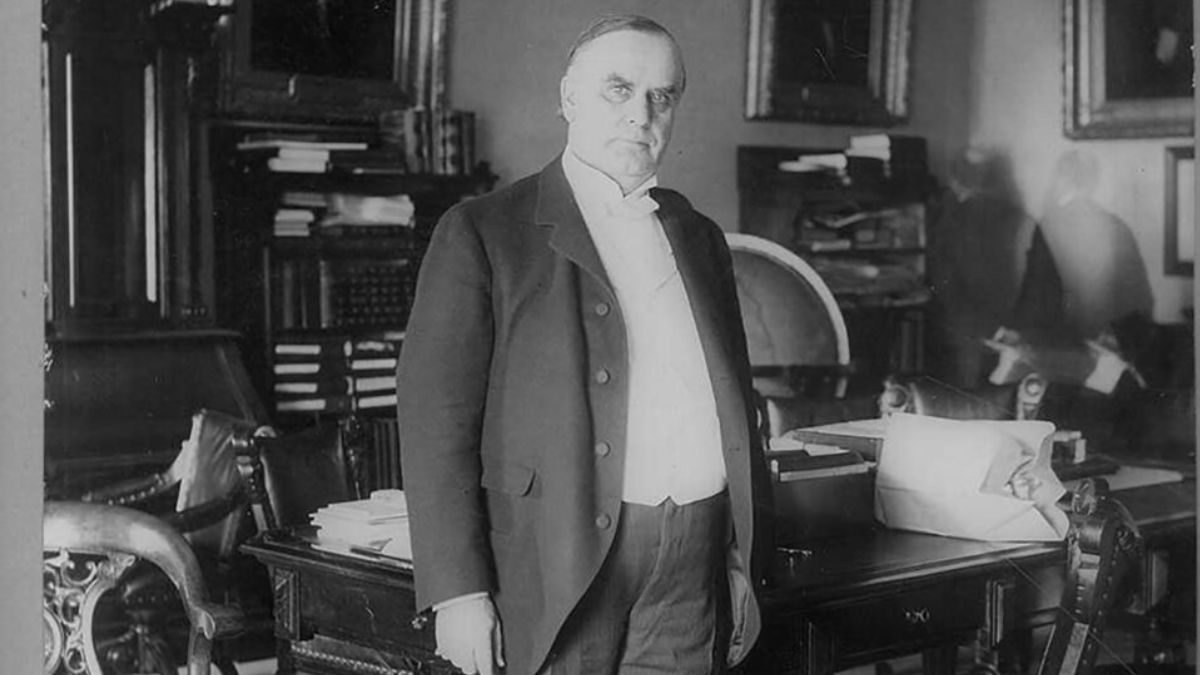)
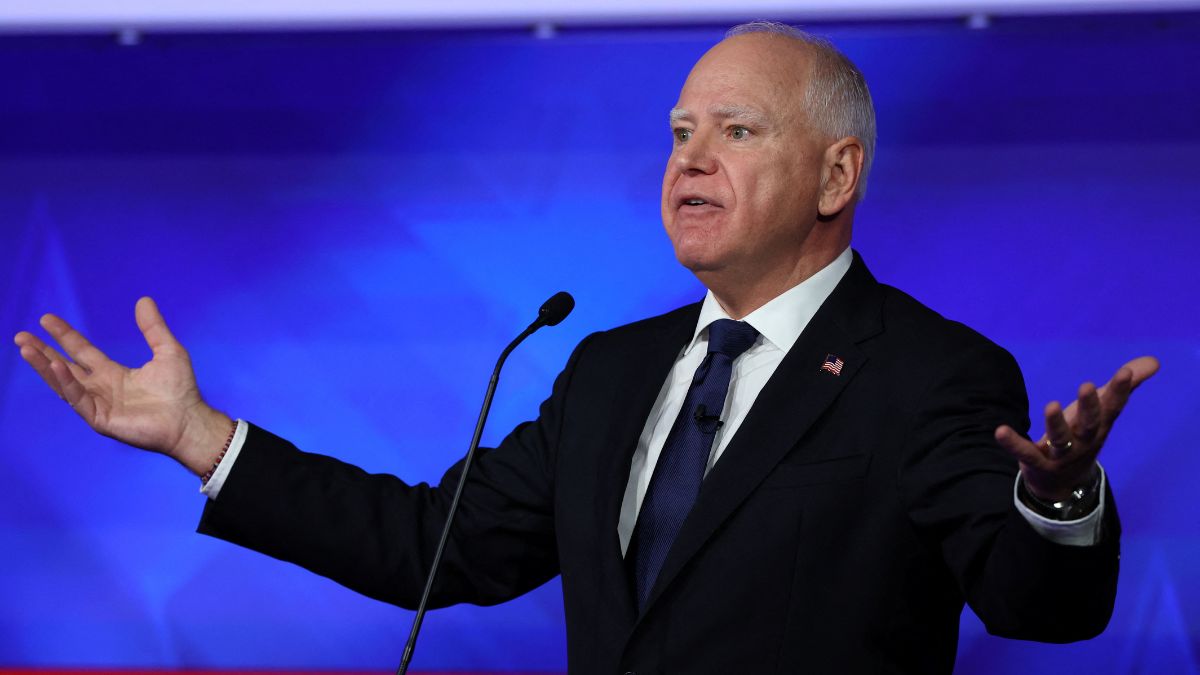)
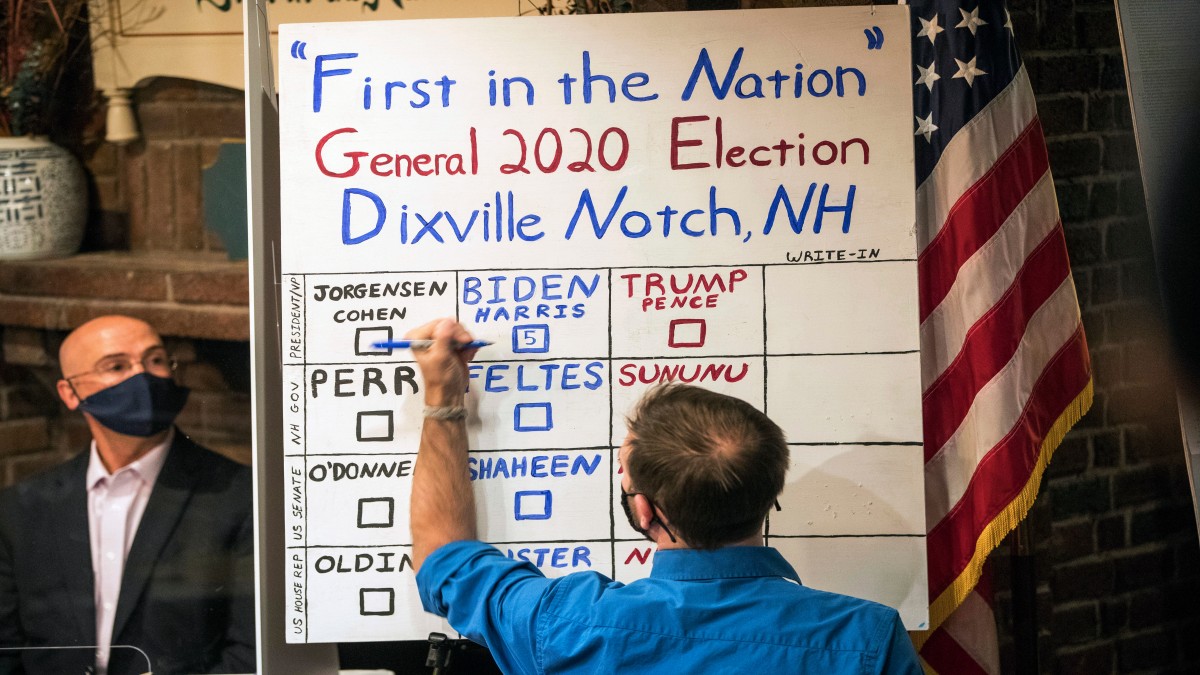)
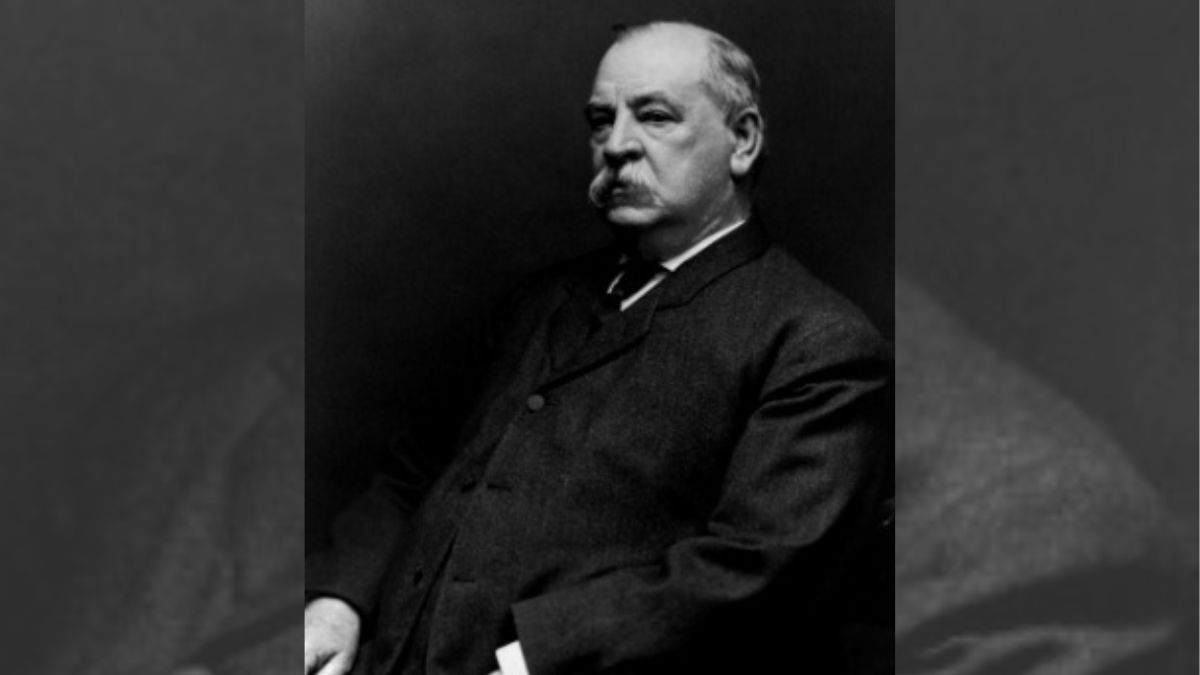)
)
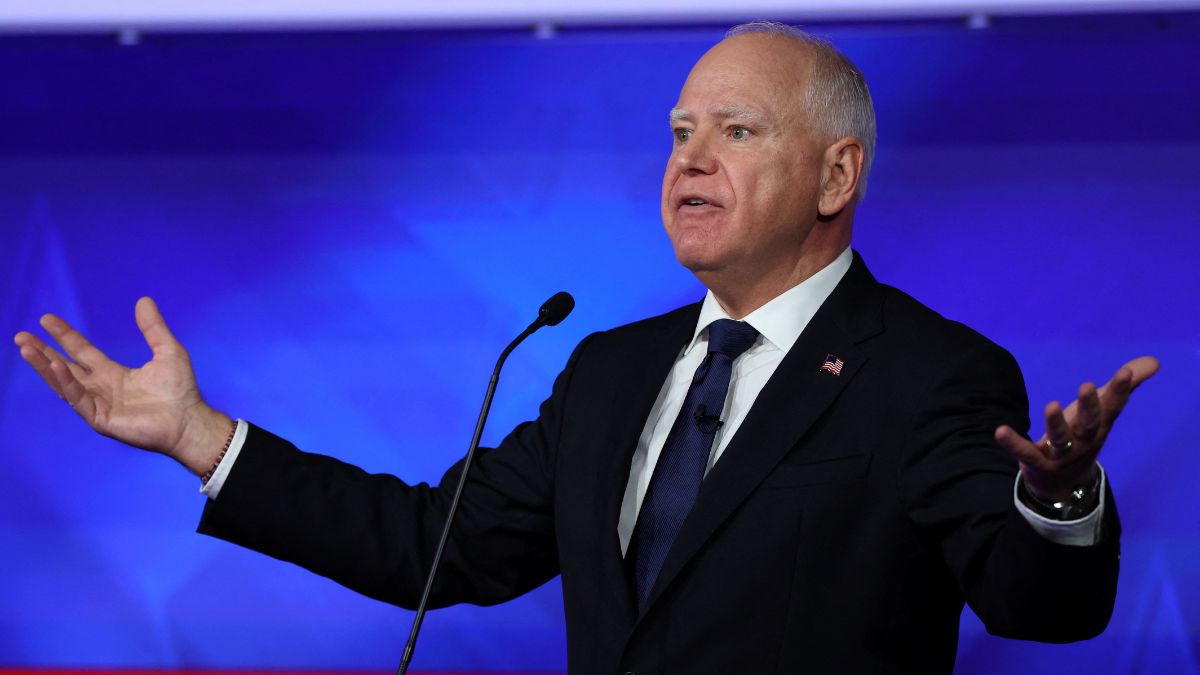)



